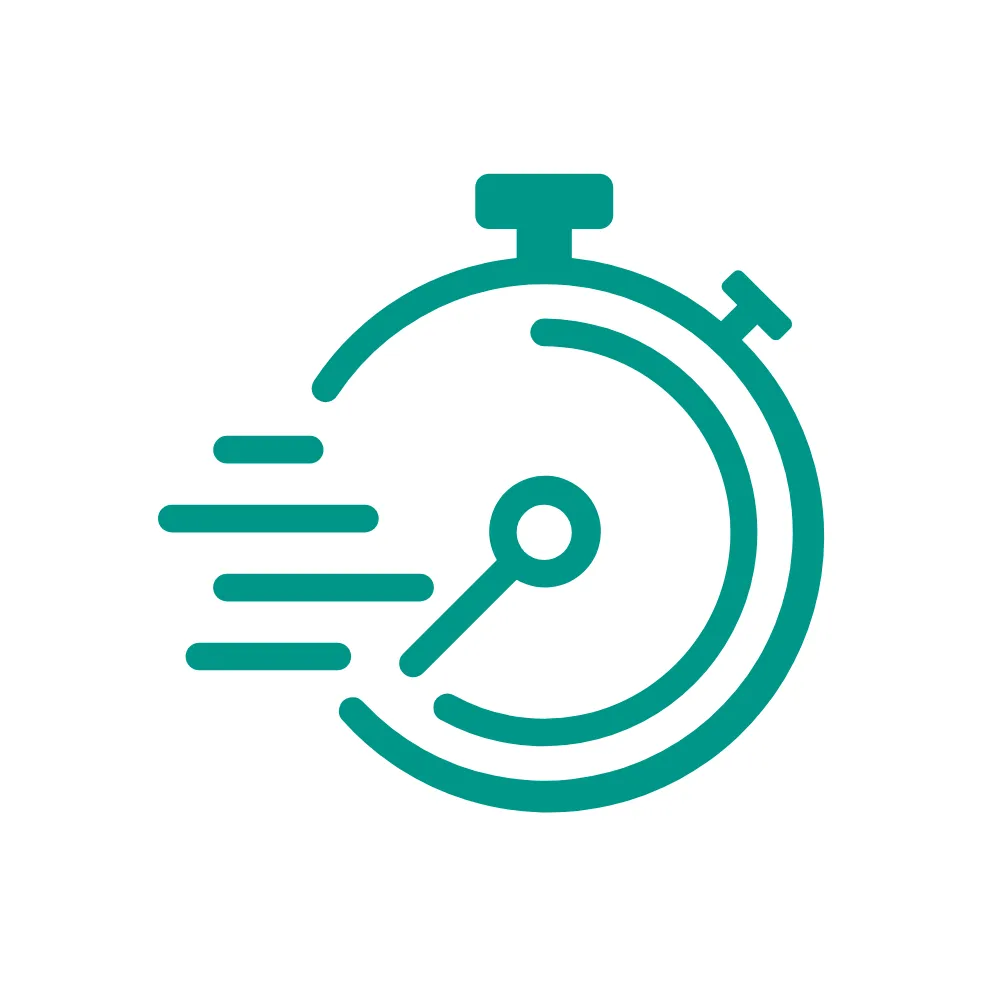
Tests For Palpitations in Pune
A list of lab tests and other self-help tools for Palpitations in Pune
What is Palpitations
A feeling of discomfort in the chest due to an irregular heartbeat.
List of Lab Tests For Palpitations
- Echocardiogram
- Electrocardiogram (ECG)
- NT-Pro BNP Test
- Thyroid Profile | T4,T4,TSH
- CBC-Complete Blood Count
- Comprehensive metabolic panel (CMP)
- CRP-C Reactive Protein (hsCRP)
- Thyroid Profile | T4,T4,TSH
- Lipid panel
- Vitamin B12 Test
How will these tests help?
The group of tests that you will be undergoing will help us better understand why you are experiencing palpitations. These tests will help us diagnose the heart and metabolic conditions that may be causing your racing heart, irregular heartbeat, andor fluttering sensations
The first group of tests will help us assess the condition of your heart and include an Echocardiogram, Electrocardiogram (ECG), Brain natriuretic peptide (BNP), and a Thyroid stimulating hormone (TSH) test. These tests will help us understand the electrical activity of your heart, the functioning of your heart muscle, and the hormones that control your heart rate
The second group of tests will help us evaluate your overall metabolic health and includes a Complete Blood Count (CBC), Comprehensive Metabolic Panel (CMP), C-reactive Protein (CRP), Iron Panel, Lipid Panel, Vitamin B12 Level, and Magnesium Level. These tests will help us get a better understanding of your overall health and provide us with important information about your cholesterol levels, blood sugar, and other metabolic markers
By assessing the results of these tests, we will be able to identify any underlying issues that may be causing your palpitations.
Book Tests for Palpitations in Pune
Pathofast offers Tests for Palpitations at our center in Manisha Terrace, Moledina Road, Pune, Camp, India
Our lab in Pune, is known for its exceptional hygiene, polite staff and quick reports
Our Pune Center, is located close to the railway station and the Swargate Central Bus Depot, as well as the new Metro Lines
Please choose an option below to proceed with your booking:
Self Test for Palpitations
Answer the following 3 questions to know whether you should get yourself investigated further

Result :
List of symptoms associated with Palpitations
-
 Shortness of breath
Shortness of breath
You may have noticed that you are having difficulty breathing, or that it takes more effort than usual to take a breath.
-
 Chest pain or tightness
Chest pain or tightness
You may have experienced a feeling of tightness or pain in your chest that comes and goes.
-
 Dizziness
Dizziness
You may have felt lightheaded or faint, or have noticed that your vision is blurred or that you are unsteady on your feet.
List of home remedies for Palpitations
Try these at home, only after consulting your doctor
-
 Avoid caffeine, nicotine, and other stimulants
Avoid caffeine, nicotine, and other stimulants
Caffeine and nicotine can both trigger palpitations, so cutting them out of your diet can help reduce symptoms.
grade -
 Reduce stress levels
Reduce stress levels
Stress can be a trigger for palpitations, so try to find ways to reduce stress and practice relaxation techniques such as yoga, meditation, or deep breathing exercises.
grade -
 Exercise regularly
Exercise regularly
Exercise can help reduce palpitations by lowering your heart rate and improving circulation. Try to include some form of exercise in your daily routine.
grade

